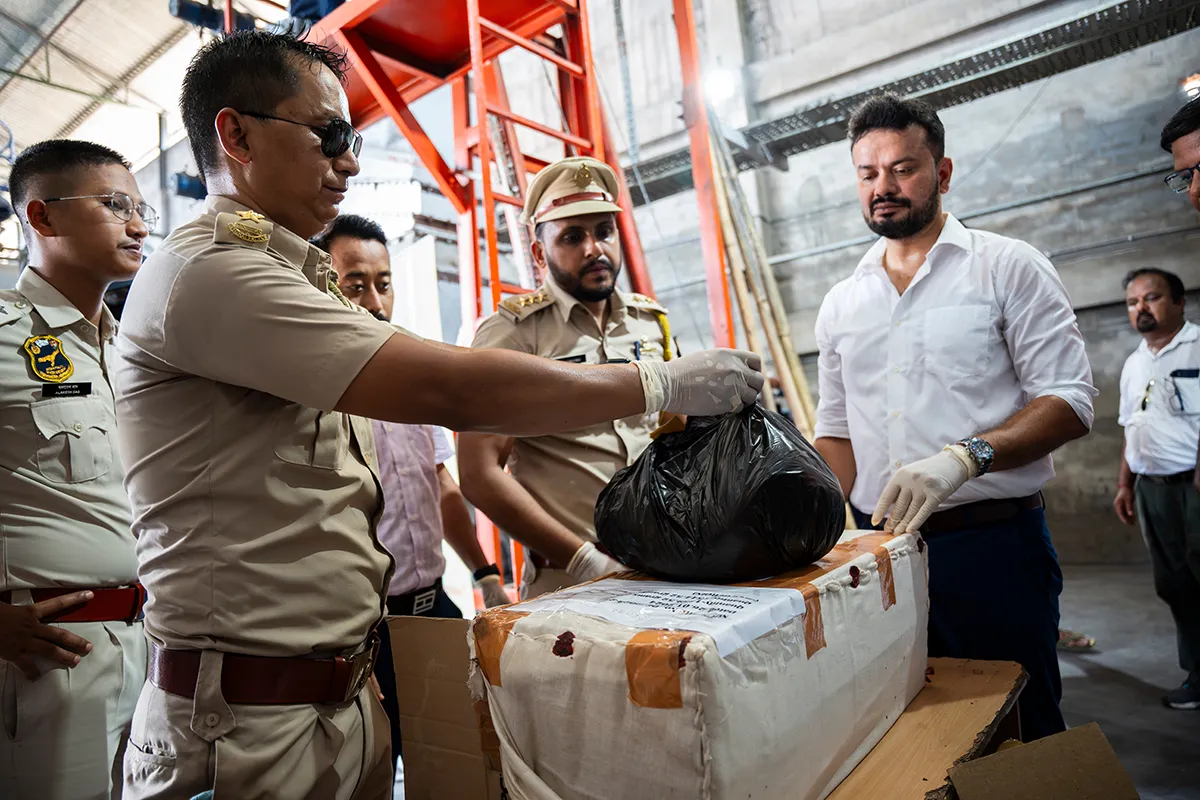On March 24, Solomon Islands officials announced the signing of a policing deal with the People's Republic of China (PRC) , as well as a draft proposal for a broader security agreement that would include military cooperation. This potential agreement is the latest in a string of PRC offers of security assistance to Pacific Island nations, including Papua New Guinea, Fiji, Tonga and Vanuatu. To understand the motivations behind the PRC-Solomon Islands agreement, it is helpful to consider the Solomon Islands' foreign policy decision making through three different levels of analysis often applied by international relations scholars: the individual, the society or domestic polity and the regional or international security environment. Each of these three levels can yield insights into why the Solomon Islands and some other Pacific states have signed onto agreements with the PRC.
First, individual-level explanations describe how the personal incentives and proclivities of individual leaders weigh heavily in a state's foreign policy. Solomon Islands Prime Minister Manasseh Sogavare has been criticized for his close ties to Beijing. After Sogavare switched the Solomon Islands' diplomatic recognition from Taiwan to the PRC in 2019, Beijing gave approximately $730 million USD in assistance to the country, leading to allegations that a portion of this funding went into a slush fund that Sogavare used to pay off members of Parliament to ensure their loyalty following the diplomatic switch. PRC efforts to influence Pacific Island heads of state with bribes or funding for vanity projects is a concern in a region where leaders sometimes rely on external patronage to remain in power.
Second, society-level explanations for states' security decision making focus on domestic social and/or political divides. The Solomon Islands has been an internally fragmented society since its independence in 1978 and experienced major riots in 2006 and 2021, both directed against the country's ethnic Chinese community. These internal divisions may be exacerbated by intervention from external powers and diplomatic competition between Beijing and Taipei . The need for internal security assistance given this fractionalization is one main reason that current political leaders are pursuing ties with China. Article 1 of the draft agreement states that the Solomon Islands may "request China to send police, armed police, military personnel and other law enforcement and armed forces to Solomon Islands to assist in maintaining social order." While that type of agreement would certainly open the door for a diverse range of additional security cooperation, issues related to social order may be at the crux of the request.
Public opinion in the Solomon Islands is also deeply divided regarding Sogavare's 2019 diplomatic switch to the PRC, with a segment of the public and opposition politicians-particularly on the country's most populous island of Malaita- continuing to prefer Taiwan . In countries where such divides exist, domestic constituencies may push for policies that benefit their particular parochial interests by pushing leaders to welcome a foreign partner that backs their agenda. Prime Minister Sogavare has repeatedly said that the security and development challenges facing the Solomon Islands require help from all external partners .
A third-level explanation for states' security decisions is the international or regional security environment. Strategic competition has been on the rise in the region since the U.S. attempted to re-focus its national security on the Indo-Pacific. While it is difficult to generalize about a region as vast and diverse as the Pacific Islands, many nations in this region view PRC investment as an economic opportunity and do not consider China a security threat with the same intensity as states closer to China's borders or countries that have territorial disputes with Beijing.
Instead, many Pacific Island countries seek strategic autonomy, which they interpret as being free to engage in economic and security cooperation with all potential partners, including Beijing. When questioned about reports on social media that the China-Solomon Islands draft agreement would cover PRC armed forces, Minister of Police Karen Galokale noted that the country had "a broad security treaty with Australia and policing cooperation. If there is anything with the PRC, it will be just the same." Here, Galokale was asserting the Solomon Islands' right to engage in security cooperation with Beijing, similar to what it already has with Australia, and that Solomon Islands' cooperation with the latter should not imply an expectation to refuse cooperation with the former.
Given the individual, societal and international factors behind the Solomon Islands' decision to pursue security cooperation with the PRC, it may be necessary for external parties to ask hard questions about how best to engage. However, those questions should be asked once local views are taken into consideration. What are the views of the domestic population? Is this move viewed as cronyism between China and individual leaders in the Solomon Islands? Or is it viewed as the normalization of an increasingly beneficial relationship? Will this involvement exacerbate or reduce internal tensions?
After gaining understanding of local views, the U.S. and other regional powers such as Australia and New Zealand may need to ask hard questions about their goals in the region. What is the desired strategic end state? Do those goals coincide with Pacific Island countries' goals (and how)? Is the United States' goal to block the PRC from any long-term military presence in the region or to limit PRC access to countries deemed strategically vital? Or is it to help the Pacific Island countries achieve the objectives they have set out for themselves?
To achieve these goals, how much are the U.S. and allies willing to invest economically and diplomatically, and for how long? While sporadic cooperation may be sufficient for some Pacific leaders, other countries may prefer longer term or exclusive security relationships, such as the ones the U.S. has with the Federated States of Micronesia, Palau and the Marshall Islands. Moreover, if blocking China is the only goal, that message may not resonate with all domestic audiences in the Pacific. The key to determining what kind of cooperation the Pacific Island countries would prefer requires, in the words of Pacific regional security experts Anna Powles and Joanne Wallis, external partners to "talk to, not at, the Pacific."
Put simply, Pacific Island states are savvy international negotiators and know how to drive a hard bargain to advance their interests. While many countries have welcomed Beijing's economic aid, the tactics used by authoritarian leaders may not be so welcome in a region that has embraced democratic progress and symbolic leadership on many transnational issues. If countries in the region elect to pursue security cooperation with China, outside observers may want to first ask why. Understanding the individual, societal and international factors that drive this type of security cooperation is the first step in countering it.



